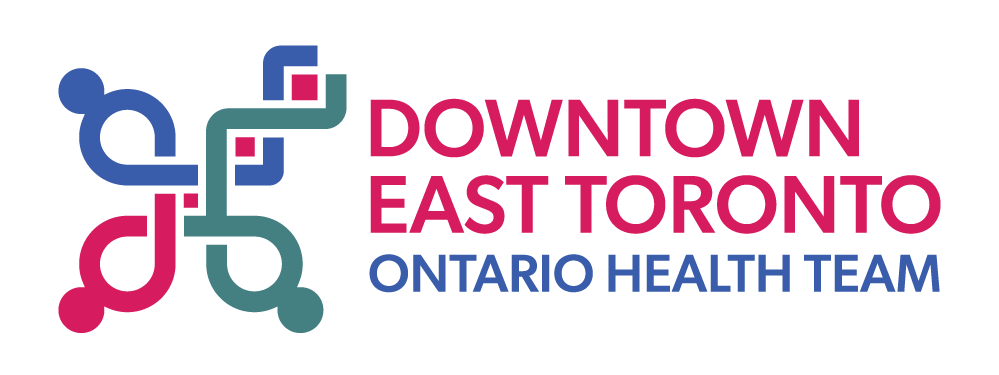In a step towards creating a more seamless care experience for patients/clients in the downtown core, the Downtown East Toronto Ontario Health team (DET OHT) launched a pilot project that focuses on improving care pathways between organizations for people experiencing precarious housing and facing health accessibility challenges.
The aim of the ‘Digital Shared Care System’ pilot project is to digitally connect organizations to share patient/client information in a safe and timely manner that adheres to all privacy legislation to address gaps in care, improve efficiency and provide a better care experience for patients/clients.
According to the City of Toronto’s Street Needs Assessment Report 2021, more than 7,300 individuals are facing unstable housing situations in the city and those who are chronically under-housed (experiencing unstable housing for six or more months in the past year) are six times more likely to report two or more health challenges.
The DET OHT’s Digital, Privacy, and People Experiencing Homelessness Working Groups implemented a tool to allow a Team Member organization that is a health information custodian (HIC), St. Michael’s Hospital, and one that is a non-HIC, Fred Victor, to collect and share common client/patient information.
Some of the patients visiting the St. Michael’s Hospital Emergency Department (ED) are also clients of Fred Victor. Previously, the HIC and non-HIC care teams had to share clinical notes and acute care documentation manually, as there was no secure digital communications channel. This process increased the teams’ administrative workloads and delayed sharing of coordinated care plans, doctor’s notes and follow-up appointment schedules.
Furthermore, it was a challenge to ensure clients’ seamless care journey within the ED, especially during busy periods with longer wait times. It became even more difficult to track clients who left without receiving care.
The Digital Shared Care System pilot allowed for the implementation of a tool for the St. Michael’s and Fred Victor teams to address these challenges.
Now, when a Fred Victor client agrees to register in the system, the St. Michael’s ED Outreach team works with Fred Victor’s Case Managers to create care plans and document health management alerts online. This digital process has reduced delays by improving information wait times and has relieved the care teams of significant administrative work.
“The digital platform has allowed St. Michael’s to share critical patient/client information with a non-traditional health and social service partner in a more timely fashion,” says Ahana Sarkar, DET OHT Digital Working Group and Project Lead.
“It has reduced information wait-time from 30 days to four to six days, greatly improving the coordination of care between the two teams. This is a huge initial win for the pilot.”
In addition, SMH ED Outreach Workers and Fred Victor’s Case Managers believe their working relationship has further strengthened due to efficient communication and coordination. Case Managers can now get regular updates on their client’s health records, with the consent of their clients, even if the client was not able to inform them of the hospital visit.
“It is an extremely useful tool for accessing client health records to be able to provide better service,” says Stella Iacobelli, Life Skills Housing Worker at Fred Victor.
“There are times when our clients go to the hospital, but we do not know why they went, and they are not able to tell us. We can now check this platform and find out exactly what is going on with someone and where they need our help with a follow up.”
Currently, 137 patients/clients have given their consent to be registered in the system to receive comprehensive care, including healthcare, shelter/housing referral, food security, social support, and long-term case management.
Recently, the project team and end-users convened to evaluate the impact and outcomes from the pilot implementation and the evaluation supported the extension of the pilot for an additional six months.

Leave a Reply